Bringing your baby home
Congratulations on the birth of your baby! On this page you will find information to help you prepare for the first few days at home and beyond.
Find information to help you prepare for the first few days at home with your new baby and beyond.
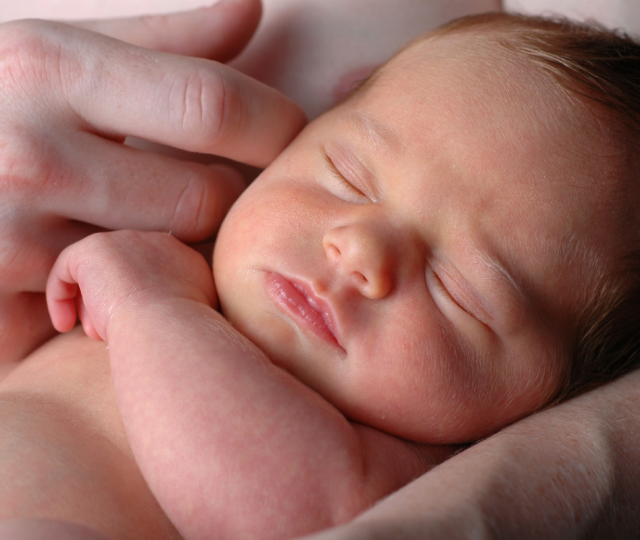
Congratulations on the birth of your baby! On this page you will find information to help you prepare for the first few days at home and beyond.
A public health nurse will call you after you come home from the hospital. The nurse will check how you and your baby are doing and answer any questions that you may have. Read our Public Health Maternity Services brochure to learn more,
We have put together some information in a New Baby Package that we hope you will find helpful as a new parent. You will be offered this package when your public health nurse contacts you. You can choose to receive the New Baby Package in person if a home or clinic visit is planned, by mail or electronically.
If you have any concerns before the Public health nurse calls, you can call your Doctor, Midwife or HealthLinkBC at 8-1-1.
Contents of the new baby package:
Other resources:
Having a baby comes with paperwork! Read Important Paperwork for Newborns | HealthLink BC for information on birth registration, medical benefits and child tax benefits.
There are new demands on mothers and partners when baby comes home. It is easy to forget about taking care of you. You will be operating on much less sleep as the baby will be up many times throughout the night to feed, diaper, burp or just cry. Take a moment every day to take care of yourself.
You may find it helpful to create a postpartum support guide that matches your values and your individual situation.
Learn more about Postpartum: First 6 Weeks After Childbirth | HealthLink BC.
It’s normal for new mothers to have lots of different feelings and emotions. This can include baby blues, depression and anxiety.
Dads and partners can experience these feelings, too.
This is the start of your journey in your relationship as parents. Bringing home a baby involves physical and emotional adjustments that can also change your relationship with your partner.
Siblings may react to bringing home a new baby. Some may love the baby and others may be angry. Younger children may go back to acting like babies themselves while older siblings may feel jealous.
Learn more: Preparing Siblings for Meeting your New Baby | HealthLink BC
Pets are a member of the family and will take time to adjust to the arrival of your baby. It’s recommended that you do not get a new pet right before your baby comes home.
If you already have a pet, see Child Safety: Pets | HealthLink BC.
All babies cry, but vary in how much, how long and what soothes those tears.
Learn more about soothing strategies for crying and essentials on preventing shaken baby syndrome
Your baby is counting on you for a safe trip home from the hospital and a safe place to sleep once there.
For every ride or trip, secure your child into a properly installed car seat that meets all Canadian Motor Vehicle Safety Standards.
Make every sleep a safer sleep for your baby! Choose sleeping arrangements that will give your baby the safest sleep possible. Learn more about creating a Safer Sleep Plan (available in 10 languages).
It is important for your baby’s development to have some time on their tummy or side when they are awake. Start when your baby is a newborn and choose a safe surface either on the floor or on your lap or chest.
Tummy time will help prevent Positional Plagiocephaly (Flattened Head) that can occur from how the baby was positioned in the uterus, the birth process or by the baby’s sleep position.
Read more on the importance of tummy time, teaching your baby to enjoy tummy time and understanding flat spots on babies’ heads.
Your milk is the only food that your baby needs for the first six months. It is recommended that breastfeeding continue for two years of more, with the addition of a variety of age-appropriate food starting at six months of age.
If it is not possible to give your baby your milk, try pasteurized donor human milk (if available) or store bought formula. A prescription from a doctor or midwife is required for donor milk. For more information about donor milk or becoming a donor, visit the BC Women’s Milk Bank website.
Protect yourself and your family from the toxic chemicals in tobacco smoke and vapour by keeping your home and vehicle smoke and vapour-free. It’s against the B.C. Motor Vehicle Act to smoke or use vapour products in a vehicle with a child under 16.
Babies breathe faster and have less developed immune systems than adults, so they are more affected by tobacco smoke and vapour. Babies are more likely to have:
For more information, see the Babies Need Breathing Space brochure and Safe Sleep for Your Baby.
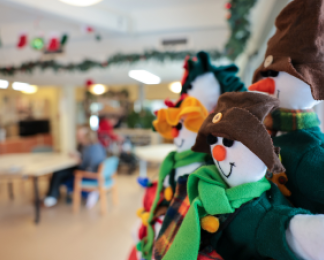
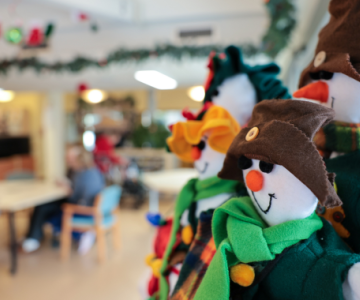
Those with dementia need special consideration during the holidays. Read our tips and advice to make the holidays enjoyable for everyone.
/stories/supporting-loved-one-dementia-during-holidays
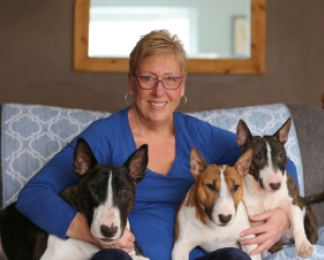

Loreen’s ability to keep calm under pressure, paired with her caring nature, have been integral to her success and to the quality of care that she provides.
/stories/we-are-ih-experienced-nurse-always-steps-when-needed


Many people like to do the Dry January challenge, but going dry isn't for everyone. Gain tips on reducing your alcohol consumption in the New Year and beyond..
/stories/thinking-going-dry-january-going-damp-great-option-too
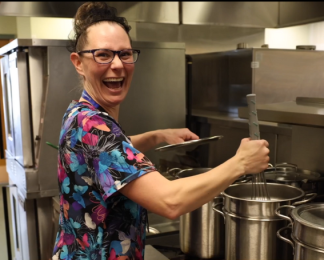
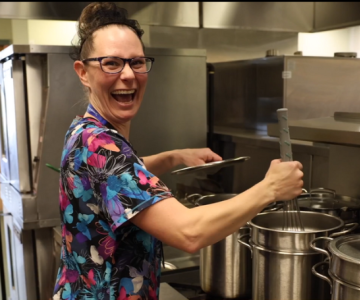
As we come to the close of 2024 we pause to reflect on the year and celebrate our achievements. Watch our short video of this year’s highlights across IH.
/stories/looking-back-and-celebrating-2024


All's well that ends well: For Kelowna health unit aide JQ, this simple phrase is more than advice—it’s a way of life.
/stories/we-are-ih-health-unit-aide-brings-positivity-every-day
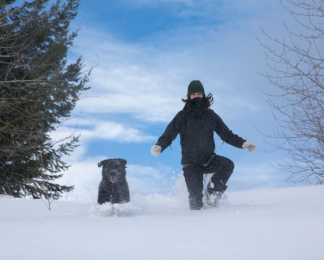
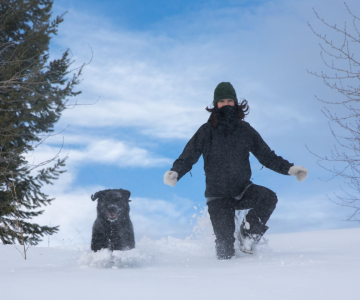
The winter and holiday season can bring joy, but can also bring stresses and challenges. Explore these 10 tips for supporting for mental and physical health.
/stories/10-healthy-habits-winter-and-holiday-season
Receive news and alert posts, and Stories@IH blog posts, right to your inbox!
